We have two children: our daughter, Sonya, and our son, Chris. Both children are married, but Sonya's marriage is not recognized under the laws of Ohio.
Growing up, Sonya always dreamed of getting married and having two kids. She wanted the whole wedding package: a beautiful white dress, a tiered wedding cake, and a big party with her family and friends. A family friend promised to make a fancy wedding cake for her when the big day came.
Sonya came out to us as an adult. At the time, she was living at home, having completed her master's degree and saving money to pay off her educational debts. We remember the day a little differently than Sonya -- we do not recall having a hard time with her news that she is gay, but what Sonya recalls of our reaction is different than what we remember (or have chosen to remember). If we had a hard time in the moment, we think Sonya will agree we came to acceptance quickly.
What we mainly recall about her coming out is our fear for our daughter. Sonya was just embarking on her career in social services. It was 2000 -- our society was even less accepting of lesbians and gays then -- and we worried that as a lesbian, Sonya would encounter barriers, even hostility, in her chosen field. There was also her dream of marriage and children -- we feared that dream had gone down the tubes.
But Sonya proved us wrong. By 2002, she was in a committed relationship with Alison, and they wanted to affirm their commitment in a ceremony before family and friends. So we put up two big tents in our yard, and Sonya made two beautiful white dresses, one each for herself and Alison. They had a covenant ceremony, adapting the vows that we had used at our wedding to make them uniquely theirs.
A colleague of Alison's -- who was a retired Catholic priest -- led the ceremony, in which not only they but their friends spoke. While we were deeply saddened that we could not perform the ceremony as clergy (our church does not recognize same-sex marriage), it was meaningful for all of us that their ceremony was grounded in their faith. We have always believed that marriage includes God. While the two people make the marriage, there is a sanctity in marriage that transcends them. Sonya and Alison are women of faith, who believe their commitment is sacred. Their ceremony reflected that sacredness.
Over 100 family and friends came together to celebrate their commitment. Several gay couples we knew said at the time, "We wish we had lived in a time when we could have done that." Our family friend even made the tiered wedding cake as she had promised Sonya many years ago.
It wasn't all rosy, of course -- when some of our neighbors learned the reason for the two big tents in our yard, they said they would go away to avoid exposing their children to the event. But several other neighbors came to us, sharing stories of their brother, their aunt, or another family member who is gay.
Sonya and Alison are now parents to two boys, fulfilling Sonya's childhood dream of being a mom. We are fortunate to live just three blocks away from our grandchildren. Having witnessed their journey as parents, we can say, without hesitation, that Sonya and Alison are conscientious and nurturing parents. They volunteer at school, ride bikes and play sports with their kids, and have made thoughtful decisions to select the right schools as well as to foster the boys' strong connection with their church. They are doing a beautiful but also very ordinary job as parents, in the sense that what they do for their children is no different than what any other couple, same-sex or opposite-sex, would want to do for their children.
We are heartened to see growing acceptance of same-sex couples in our community. But Ohio's laws still fail to recognize Sonya and Alison as a married couple, despite the fact that in October 2013, they were legally married in New York. Without equality under the law, we cannot achieve true acceptance. Treating Sonya and Alison differently than opposite-sex couples results in a different categorization and treatment of their family. Not only Sonya and Alison, but our grandchildren deserve better than that. We want our grandchildren to be treated as typically delightful children, like all the others in their school or neighborhood. Our grandchildren deserve to know that their family is worthy of the same respect as other families.
TOM and JAN HARRY are both pastors in the United Methodist Church. They married in 1971 and have lived and served in Ohio ever since. For 11 years they have served two churches together as copastors. They joined in PFLAG's amicus brief filed with the U.S. Supreme Court in the marriage equality case that the justices will hear April 28. Their story is adapted from the brief.











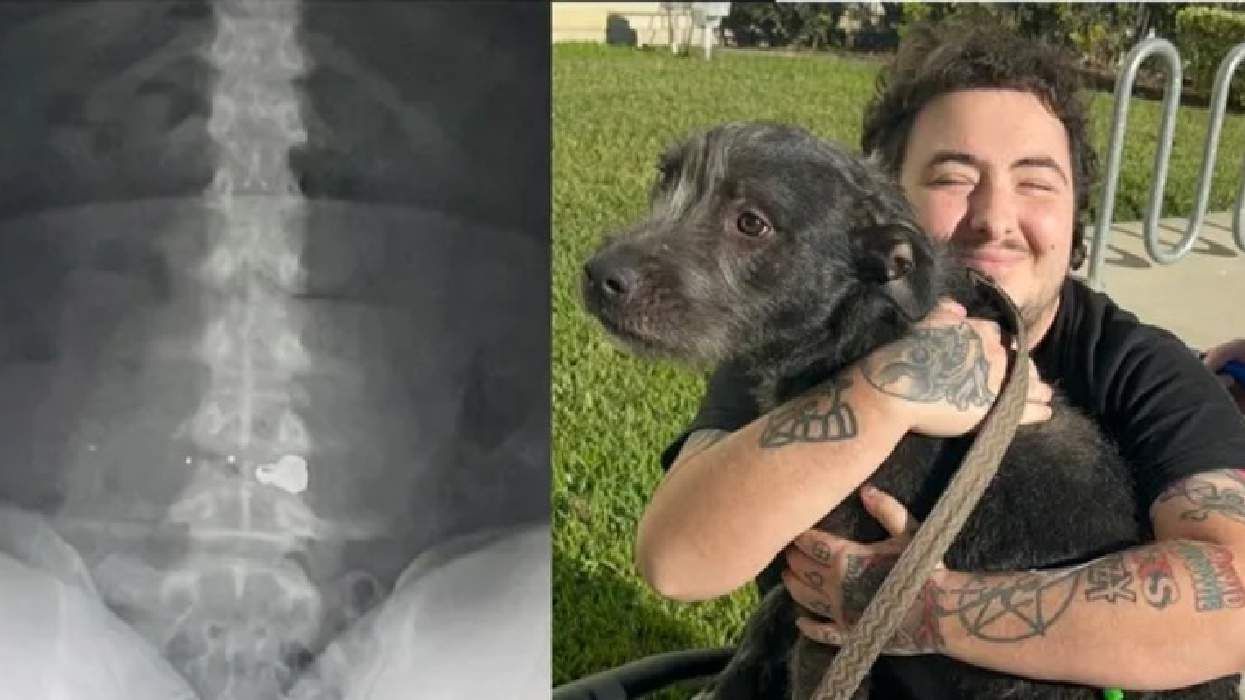

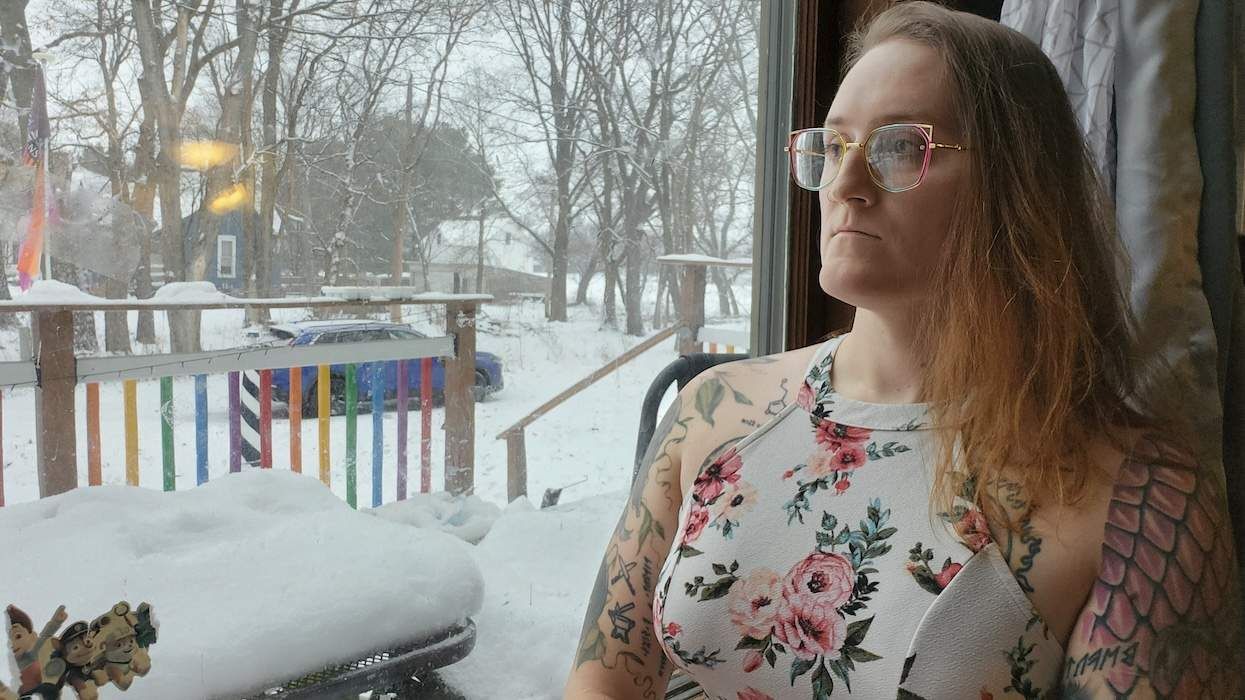

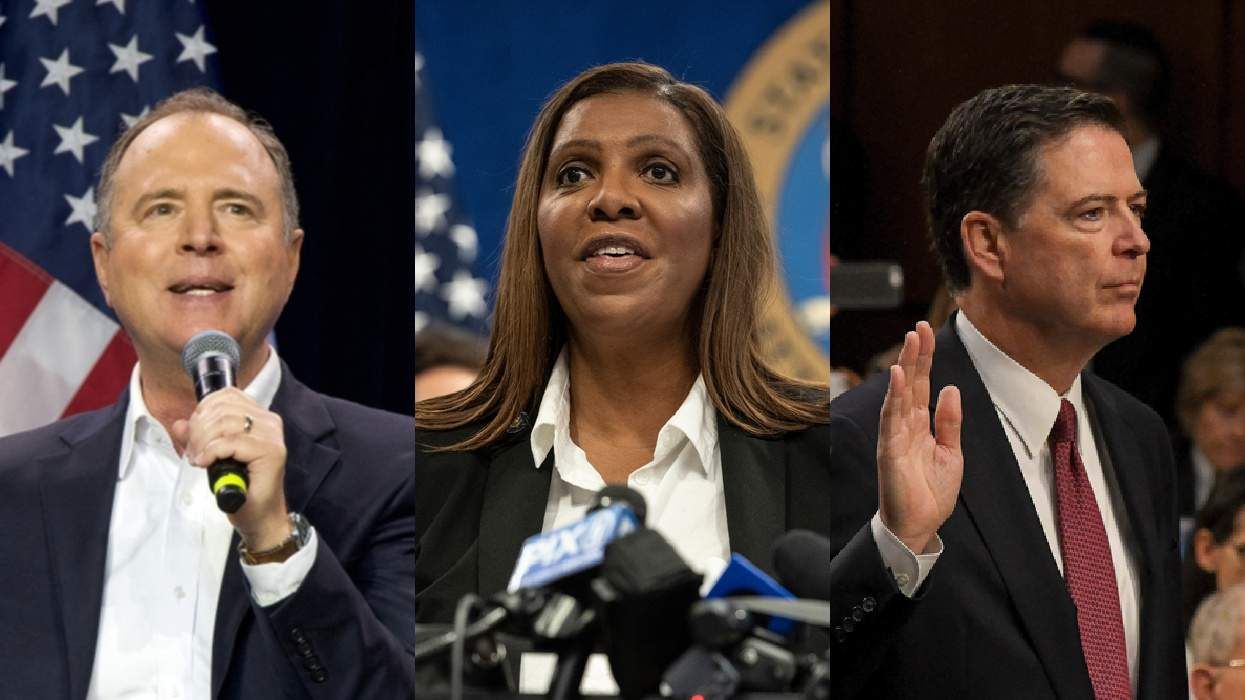

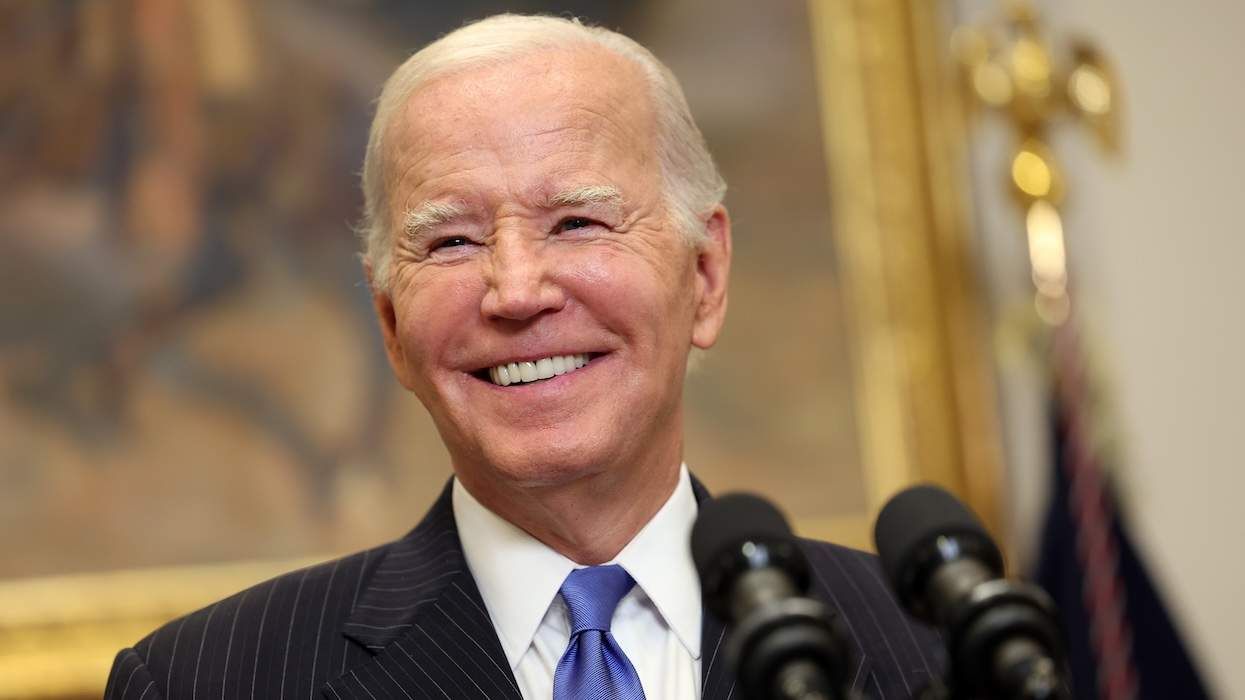
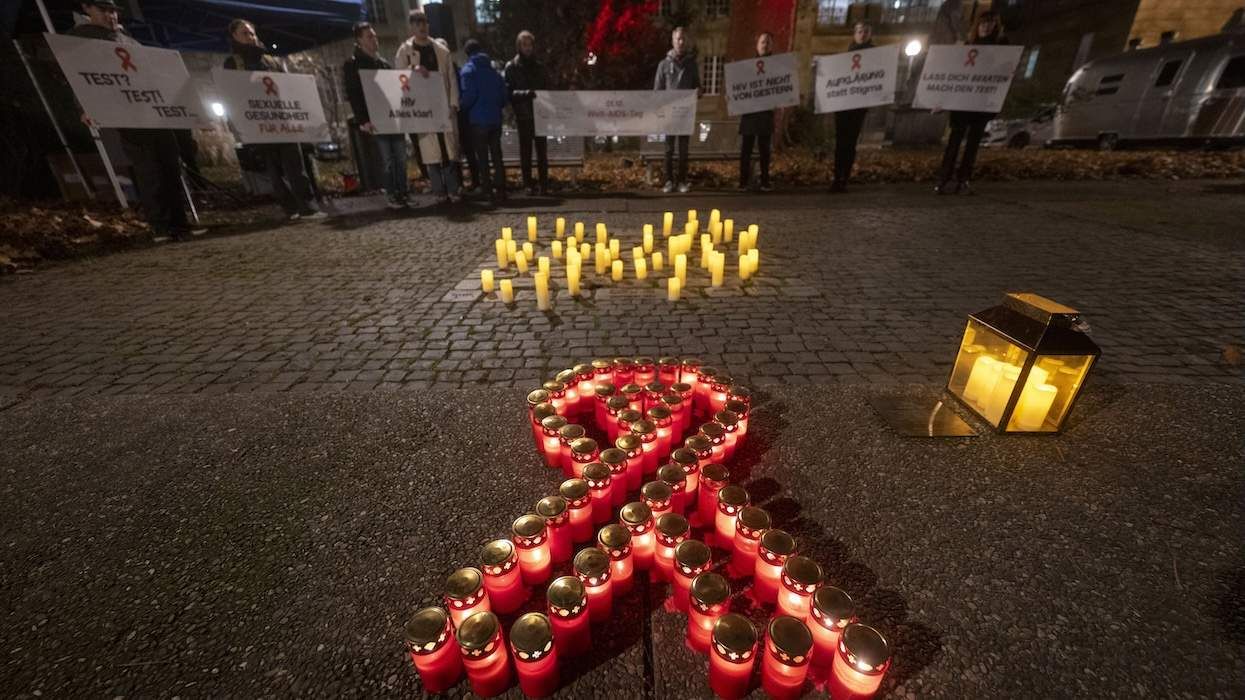


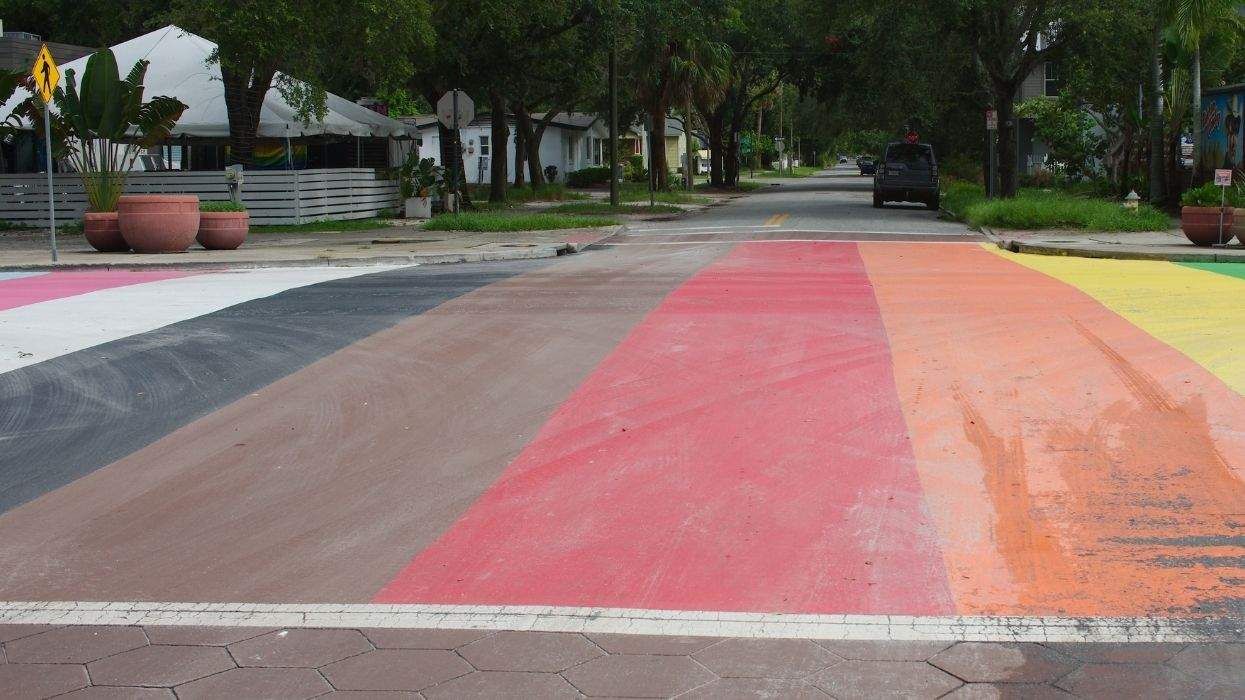
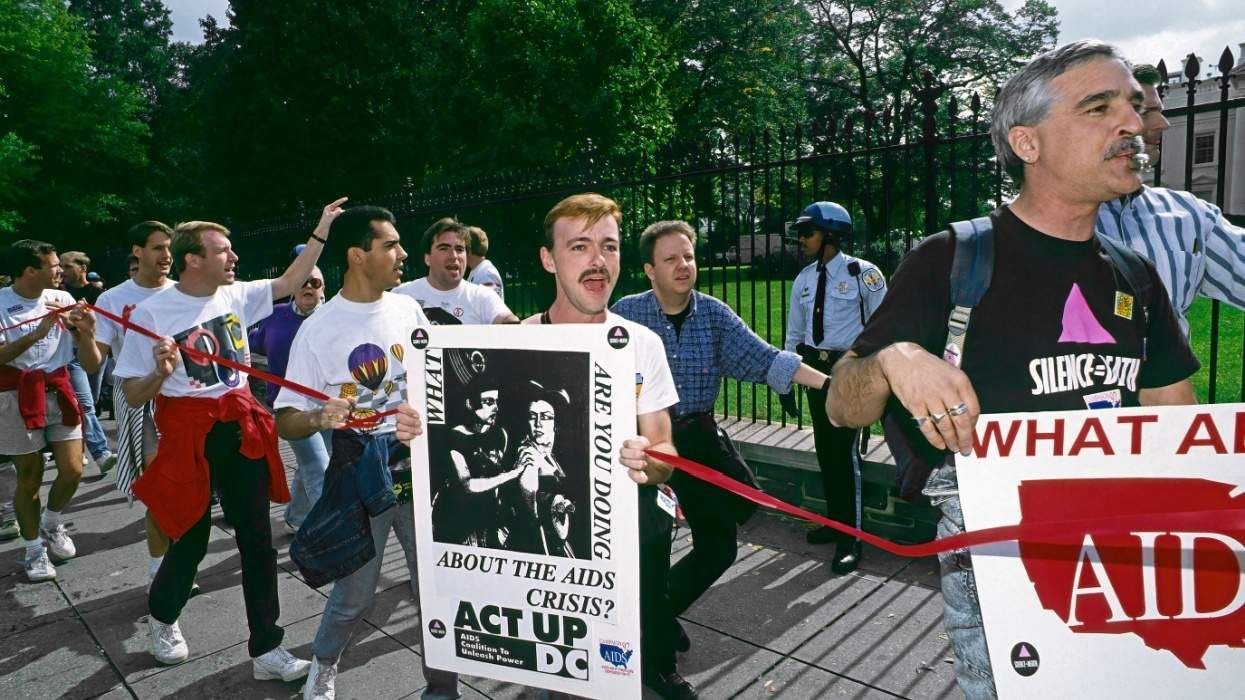
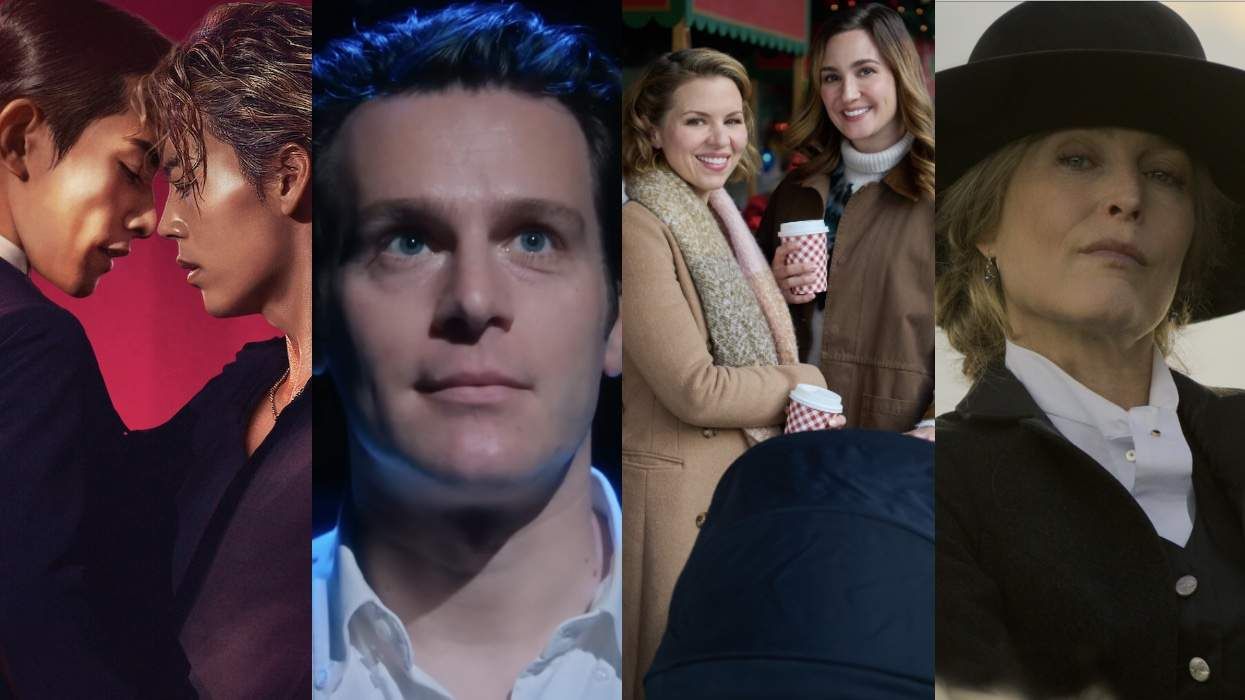
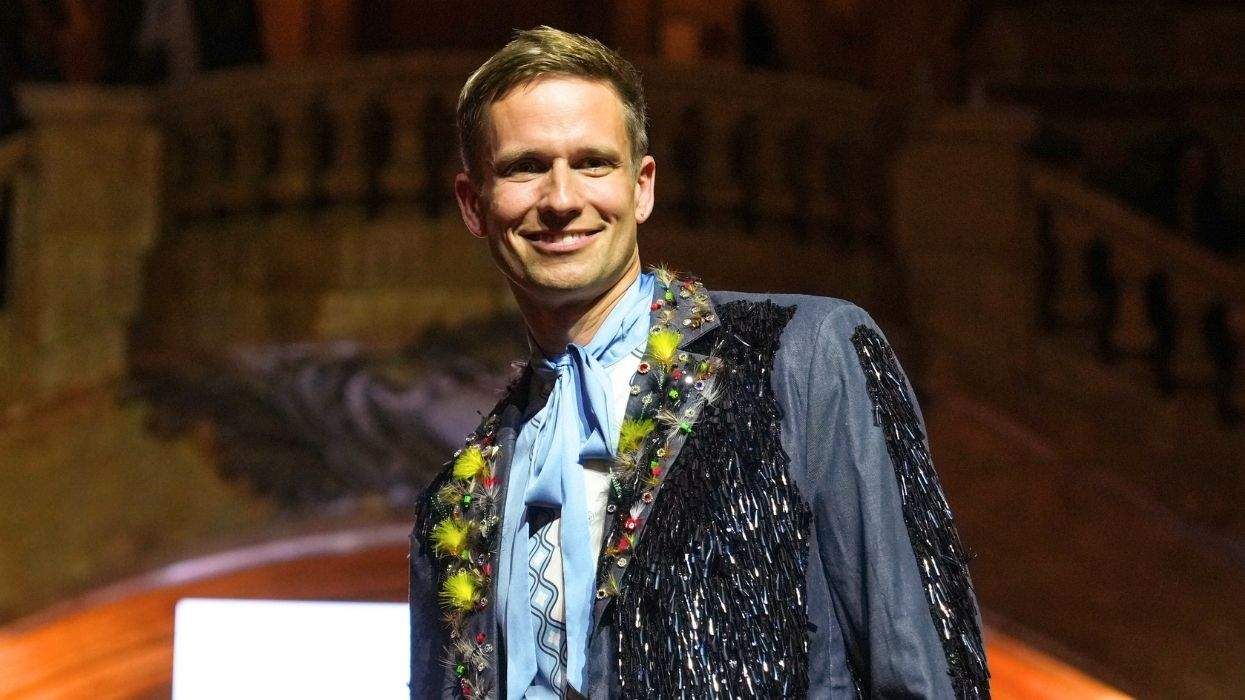
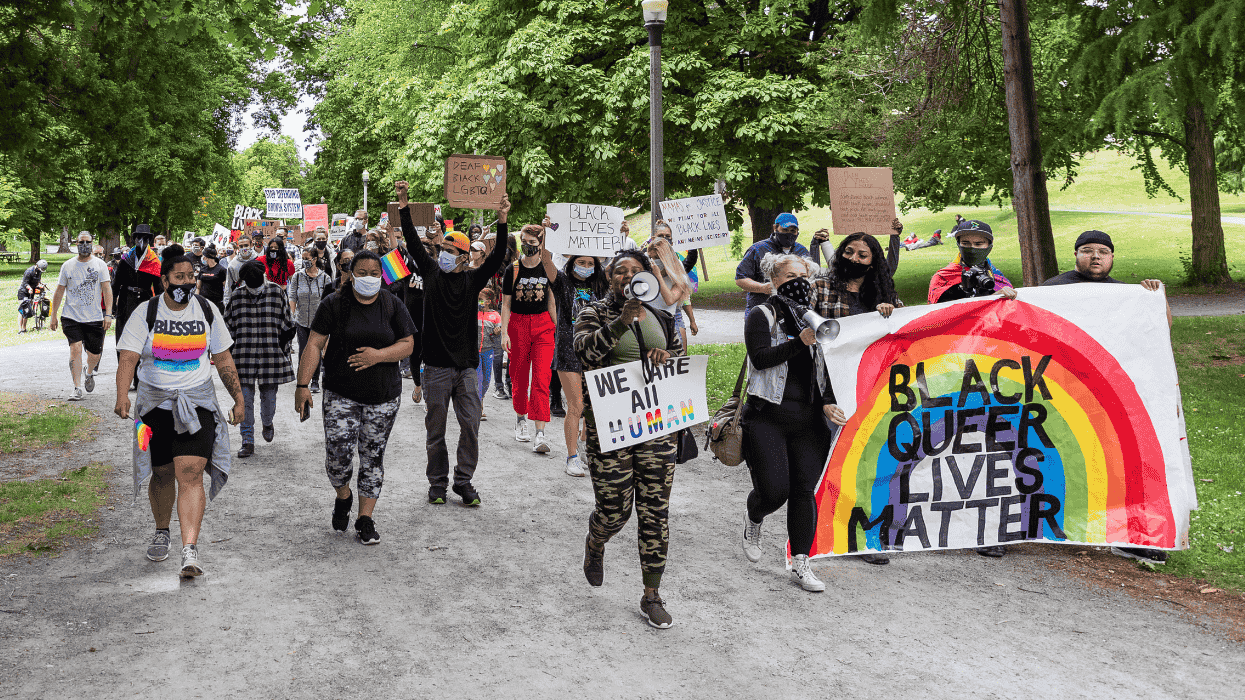
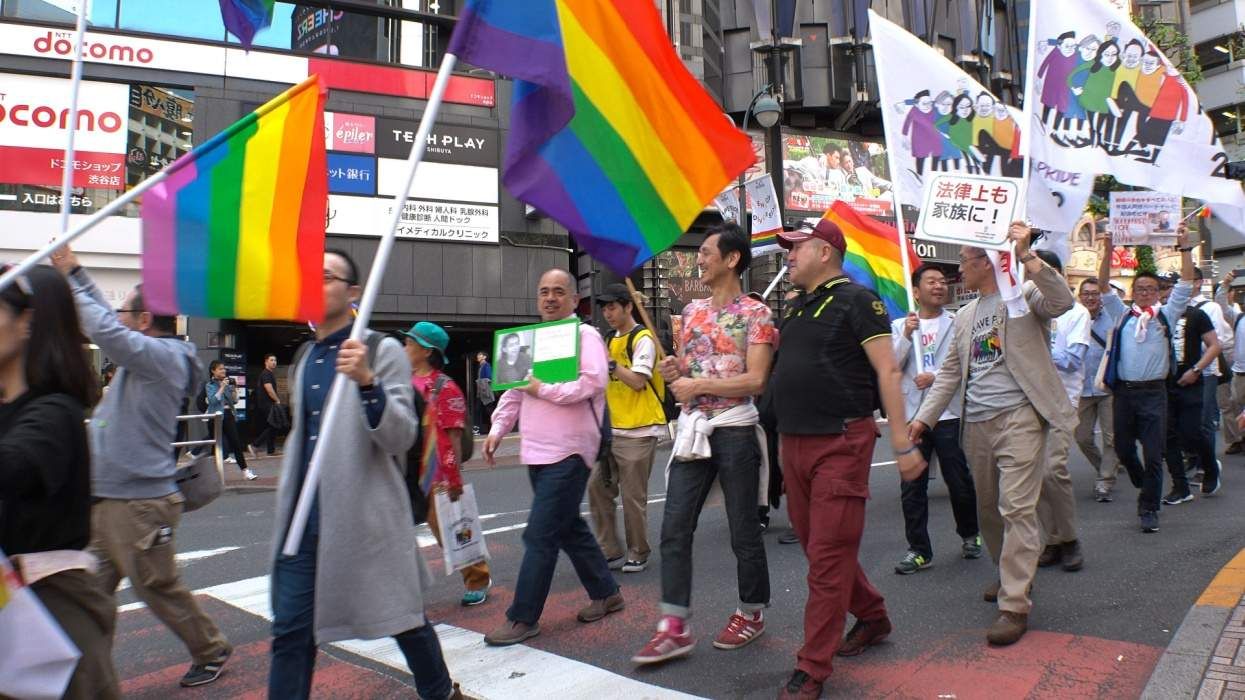























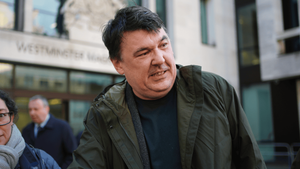
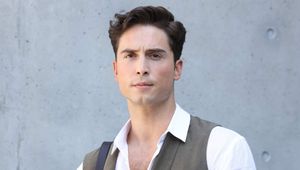
















Charlie Kirk DID say stoning gay people was the 'perfect law' — and these other heinous quotes